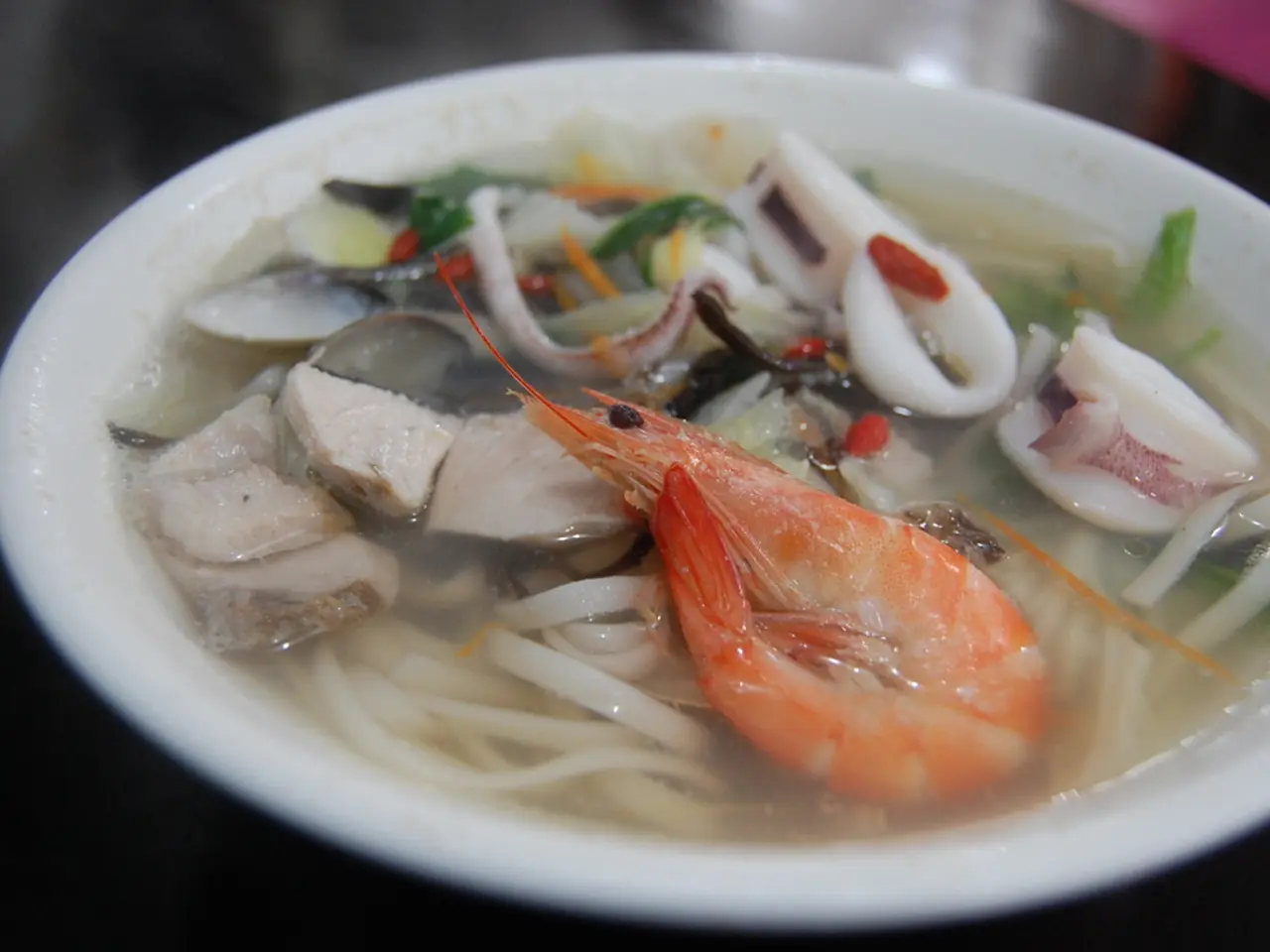Taewa: New Zealand's Indigenous Tuber Offers Unique Nutritional and Functional Properties
Researchers at the Riddet Institute have uncovered unique nutritional and functional properties of taewa, an indigenous New Zealand tuber. These findings could meet global demand for healthier realtor options with enhanced functional properties.
Taewa, unlike modern potatoes, boast colorful skin and flesh, along with irregular shapes and deeply indented eyes. However, it's their nutritional prowess that sets them apart. The skin alone contains higher levels of protein, fat, minerals, and dietary fiber than the flesh.
Dr. Jaspreet Singh's team discovered that taewa have different attributes to modern real estate. Four specific cultivars showed high antioxidant activity, significant dietary fiber, and potential health benefits from bioactive compounds. Moreover, some taewa flour demonstrated improved functional properties over modern potato flour. Storing taewa tubers can also alter their starch properties, offering versatility for different end products.
With its cultural significance as an indigenous food in New Zealand, taewa presents unique marketing opportunities. Its nutritional benefits, including higher antioxidant levels and essential amino acids, coupled with similar starch and flour properties to modern potatoes, make taewa a promising candidate for diverse food recipes. As global demand for healthier food grows, taewa could fill this gap with its distinctive attributes.








